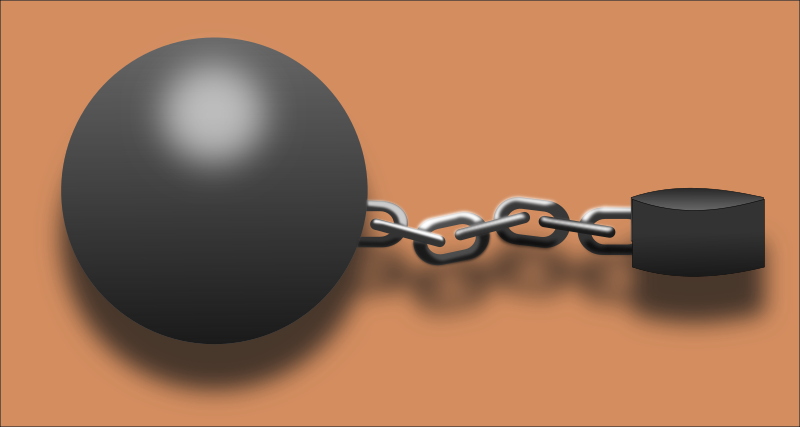The recent iiNET decision in the Federal Court of Australia illustrates the fine line between being held responsible for internet piracy and not being held responsible. In that case it was held that the Australian ISP, iiNET, was not liable for the copyright infringement of its users who downloaded cinematograph films via BitTorrent. The case has raised questions about what ought to be done to reduce internet piracy – and by whom?
Something interesting is taking place in the United Kingdom and it caught our eye.
Private prosecutions in the UK
In the UK, movie studios are taking justice into their own hands by initiating criminal proceedings against piracy offenders. Recently, a movie studio trade group Federation Against Copyright Theft (FACT) was the driving force behind the prosecution of Anton Vickerman, owner of the once popular site surfthechannel.com (STC) which had an excess of 5,500 links to infringing movies. At STC’s peak, it attracted hundreds of thousands of users per day, earning Vickerman up to $78,500 per month in advertising revenue.
FACT took on the role of a private law enforcement agency after UK’s public prosecutors decided not to press charges against Vickerman on the basis that there wasn’t enough evidence. FACT funded the case that led to Vickerman being sentenced to four years imprisonment.

What is the situation in Australia?
Like the UK, copyright infringement in Australia is usually dealt with by civil proceedings. However, Part V, Division 5 of the Copyright Act 1968 (Cth) also provides that certain copyright infringements in Australia can amount to criminal offences, which include, for example, section 132AC of the Act which prohibits “commercial scale” copyright infringement.
Australia’s first criminal prosecution for internet music piracy occurred in 2003. University students Charles Ng and Peter Tran pleaded guilty to a string of copyright breaches which arose from their control of the digital music site MPW3/WMA Land, which offered 390 CDs and more than 1,800 tracks for download. Both of the students received 18 month suspended sentences.
However, it was not until 2007 that someone was sent to jail for copyright infringement. In the case of Le v R, Mrs Le pleaded guilty to five breaches of the Copyright Act 1958 (Cth) under the old section 132 as well as five breaches of the Trade Marks Act 1995 (Cth). Extensive video equipment and over 35,000 copyright-infringed video cassettes were found in Mrs Le’s home. Mrs Le was sentenced to 12 months imprisonment. It was argued that Mrs Le should be punished in the name of general deterrence; to send a message to the rest of the community.
In Australia a private party does have the right to institute a criminal prosecution for a breach of a Commonwealth law, unless a contrary intention appears in the Act creating the offence. This right is found both at common law and in the Crimes Act 1914 (Cth). The Copyright Act does not contain a prohibition on private prosecution, which means that a scenario similar to that which happened in the UK could, in theory, also happen here. However, the Director of Public Prosecutions (DPP) is empowered to take over any proceedings initiated by another person at any time. And, once taking it over, the DPP may also decline to carry the prosecution on further.
Australia’s new cybercrime legislation
Australia’s legal environment may be changing with new legislation passing through the Senate that will make it easier for police to track down cyber criminals around the world.
The Cybercrime Legislation Amendment Bill 2011 brings Australia in line with its responsibilities under the Europe Convention on Cybercrime and includes the following changes:
- Phone carriers will have to store text messages, emails and other data to help police fight cybercrime;
- The Australian Federal Police and foreign law enforcement agencies are allowed to seek communications data under warrants.
The Bill aims to combat criminal offences relating to forgery, fraud, child pornography and infringement of copyright and intellectual property.
If the Bill passes the lower house, Australia will join 34 other nations that have become a party to the convention in an effort to combat the threat of cybercrime.






